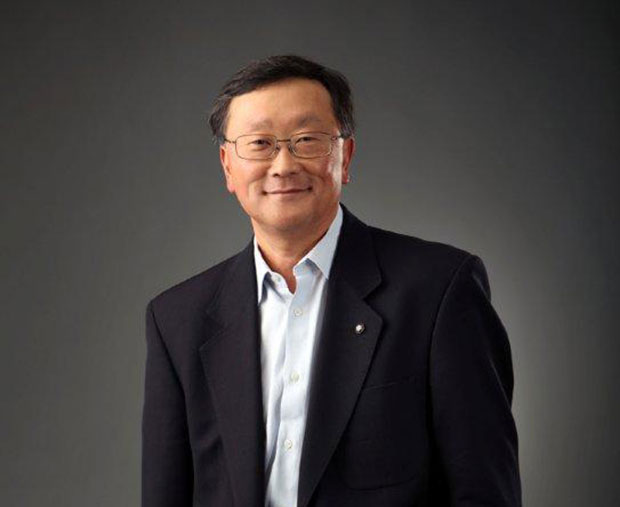BlackBerry CEO John Chen Suggests Apple And Microsoft Should Bend Over For Government Data Requests
Apple has been in the spotlight for the past few months due to its defiance of FBI requests to unlock an iPhone 5c at the center of an ongoing investigation. The US Government contended that Apple should comply with a lawful request that was in the interest of national security, while Apple pushed back, stating that the order not only went against its ideals but would appall the Founding Fathers.
The US Government eventually dropped its case against Apple the day before both were to appear in court after a third-party was able to assist in unlocking the iPhone 5c in question. Although this matter appears to be settled for now, the debate over complying with government requests still wages on. And BlackBerry CEO John Chen is the latest to step into the active minefield.

BlackBerry CEO John Chen
Chen in a blog posted to Inside BlackBerry took a few jabs at Apple for its reluctance to acquiesce to a government order, and highlights his company’s “guiding principle to do what is right for the citizenry, within legal and ethical boundaries.” More specifically, Chen suggests that “tech companies as good corporate citizens should comply with reasonable lawful access requests.”
But what remains to be seen is what Chen actually thinks is a reasonable lawful access request. In the San Bernardino case, the FBI no doubt thought that its request was within its legal authority — Apple obviously disagreed and dug its heels in, much to the chagrin of the US Government. In fact, Apple thought that the FBI was completely out of line.

"From the beginning, we objected to the FBI's demand that Apple build a backdoor into the iPhone because we believed it was wrong and would set a dangerous precedent,” said Apple back in late March. “As a result of the government's dismissal, neither of these occurred. This case should never have been brought.”
Likewise, a New York judge struck down an FBI request to unlock an iPhone 5s that was used in a suspected drug smuggling ring. U.S. Magistrate Judge James Orenstein blasted the FBI’s request, writing in part:
It is also clear that the government has made the considered decision that it is better off securing such crypto-legislative authority from the courts (in proceedings that had always been, at the time it filed the instant Application, shielded from public scrutiny) rather than taking the chance that open legislative debate might produce a result less to its liking.
But the outcomes of these two cases still wasn’t enough to deter Chen, who went on to get in another subtle dig at Apple, writing, “I have stated before that we are indeed in a dark place when companies put their reputations above the greater good.” Interestingly, this is the same line of reasoning used by FBI Director James Comey, who stated that Apple was more concerned with projecting a certain public image.
Chen contends that BlackBerry, unlike some other tech companies, has found the right balance when it comes to dealing with government entities, adding, “There is a balance between doing what’s right, such as helping to apprehend criminals, and preventing government abuse of invading citizen’s privacy. We have been able to find this balance even as governments have pressured us to change our ethical grounds.”

